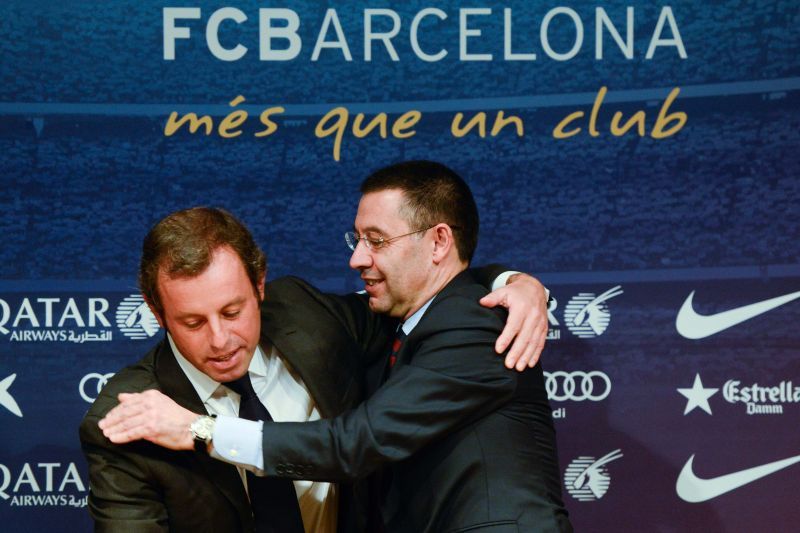
What has gone wrong for Barcelona? An assessment of Bartomeu's Camp Nou reign
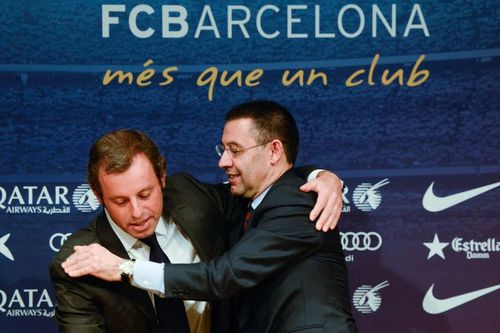
Barcelona’s problems began not today, but six years ago. After winning the historic treble with Luis Enrique, the club’s second such achievement in a decade, the Catalan giants were looking to re-establish their dominance in European football for the long haul.
Barcelona had the resources to do so. During their Champions League triumph in 2014-15, the La Liga giants put to the sword all other powerhouses of European football: PSG, Bayern Munich, Manchester City and in the final, Massimiliano Allegri’s Juventus. All these teams were the champions of their domestic leagues, so basically, Barcelona beat the best team from every major footballing nation in Europe to claim the Champions League that season.
The 2014-15 season was also Josep Maria Bartomeu’s first full season as the president of FC Barcelona, and it seemed that his tenure had opened on an auspicious note. Having taken charge of the club in January 2014, the new president was looking to bury the ghost of Sandro Rosell and the scandals that had engulfed the club.
The beginning of Josep Maria Bartomeu’s reign at Barcelona
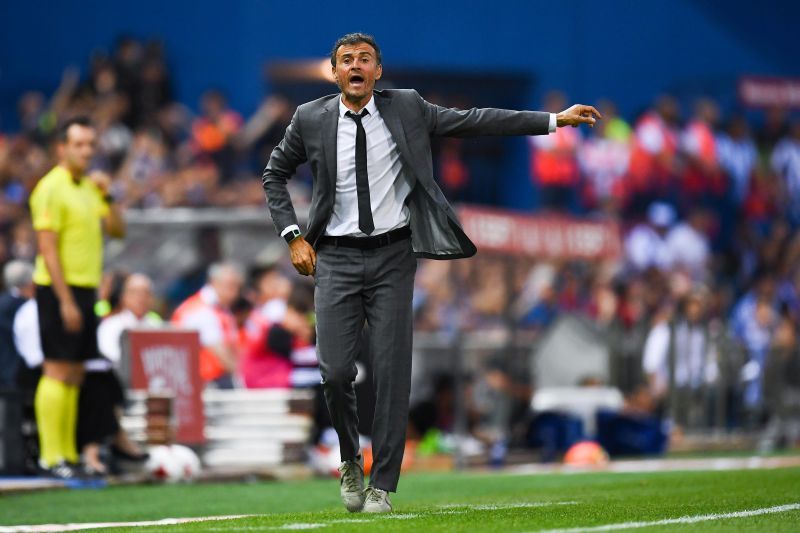
Luis Enrique, a former Barcelona player, was appointed as successor to Tata Martino as coach of FC Barcelona on May 2014.The appointment was, however, greeted with scepticism in some sections of the media and fans of the Catalan giants.
Supporters in general were disappointed with the recent lacklustre campaign under Martino that was still fresh in their memory as Barcelona failed to win any silverware. It was a waste of a season, and they feared a repeat of the same was in the offing.
Although Enrique won his first game in charge convincingly enough, a 3-0 home victory over minnows Elche, the season would take its fair share of ugly turns. An El Clasico defeat at the Santiago Bernabeu, Enrique’s first defeat in charge, marked the beginning of his fractured relationship with the Barcelona players.
It reached its climax when reports of him falling out with Barcelona’s undisputed star Lionel Messi came to the fore. Barcelona's poor run on the pitch continued with the team’s loss to Real Sociedad away at the Anoeta.
It was a season that was quickly spiralling out of control. One of Enrique’s main problems was in finding the right line-up, and he took his time before settling on a stable starting line-up. By the beginning of the new year, things started to improve. With the winning formula now implemented, Barcelona began to pick up consistent victories, and Enrique equalled Pep Guardiola’s record of 11 wins on the trot.
That season, Enrique went on to win the treble, and only missed out on another incredible haul of six trophies in a year as they lost to Athletic Bilbao. It was a successful season in terms of silverware, but some fans were still not convinced.
Barcelona are renowned for their tiki-taka, a style of possession-based football. Under Enrique, however, the Blaugrana turned into a counter-attacking side. They would look to soak up pressure from the opposition, before unleashing a lethal counter-attack with their fearsome trio of Messi, Suarez and Neymar.
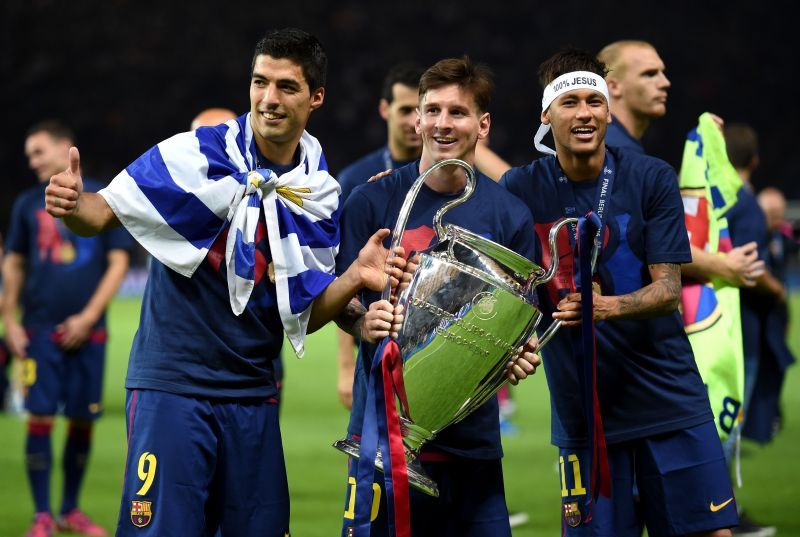
Another aspect of Luis Enrique’s Barcelona was that very often, the midfield was bypassed altogether. Because they had attacking talents in abundance, the team relied on individual ability more than a system-oriented approach.
Occasional flashes of brilliance from Neymar, or a quick lobbed through pass from Messi would often prove the difference between victory and defeat. Enrique’s second season, therefore, saw the beginning of the deterioration of Ivan Rakitic, who had been in imperious form in the previous season where he scored in the Champions League final.
How the immediate success of Luis Enrique masked Bartomeu’s flaws
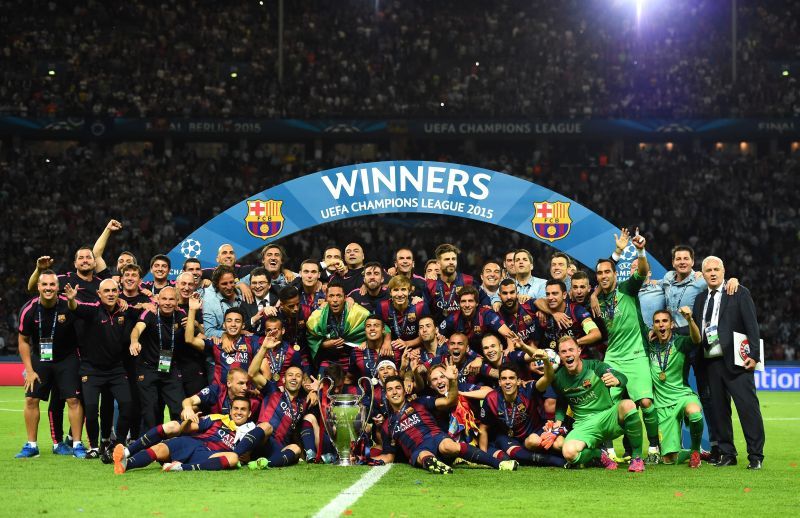
The immediate, short-term success of Luis Enrique masked many of the cracks that had appeared in the Bartomeu presidency. They say, success is the easiest way to distract your critics, and this is exactly what happened with Bartomeu, at least in his first season at Barcelona.
It was becoming increasingly clear that the president relied heavily on reinforcements from outside rather than promoting La Masia youths. In came Denis Suarez and Andre Gomes, two signings who failed to improve the team in any way.
This would later become a noticeable pattern in the Bartomeu era. However, it was the signing of Jeremy Mathieu just six months into the new president’s tenure that should have been the warning sign for Barcelona.
The Frenchman did not possess the adequate quality to play for a team of the calibre of Barcelona, and he was almost always used as a left-back as opposed to his preferred centre-back position. During the 2016-17 UEFA Champions League quarterfinal first-leg match against Juventus, it was Mathieu who let Juan Cuadrado into the box, whose pass to Paolo Dybala led to the game's opening goal.
Bartomeu’s appointment of Ernesto Valverde after the departure of Luis Enrique further highlighted his failure to comprehend the mistakes he was making. Valverde was effective, but his football was also dull and insipid. His pragmatic approach meant that games would not flow in the smooth, stylish pattern that the Blaugrana faithful were clamouring for.
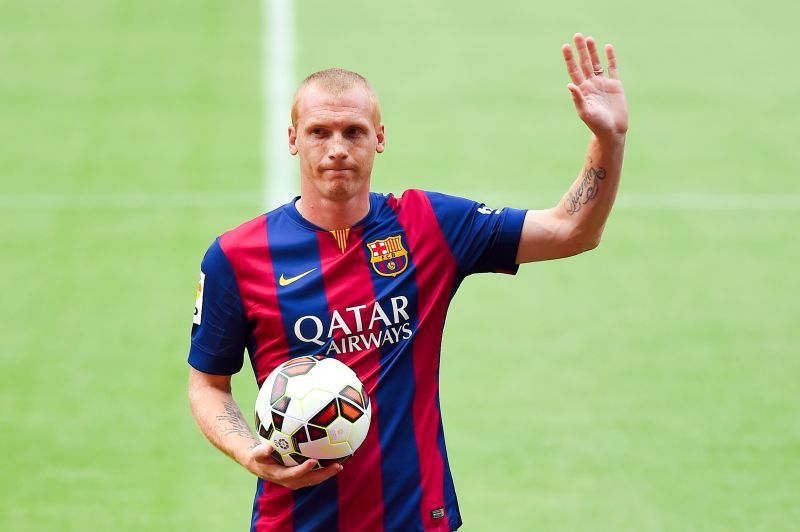
Although the former Athletic Bilbao manager led Barcelona to two consecutive La Liga titles, his tenure will always be remembered for the horror shows in the Champions League, arguably the two most embarrassing nights in the history of FC Barcelona.
The Catalan club squandered three-goal leads away from home against both AS Roma and eventual winners Liverpool as they had an ignominous exit from the blue riband competition of European club football.
More recently, Bartomeu has done everything diametrically opposite to what his predecessors had done. La Masia has been completely ignored, and it was under his reign that the likes of Xavi Simmons and Takefusa Kubo left the club.
After the COVID-19 pandemic, Bartomeu decided to cut the Barcelona scouting network in half, to save money in terms of wages. This was an assault to the core of the club because a talented and committed network of scouts is instrumental in discovering and bringing the next Neymar or Messi to the club.
Conclusion
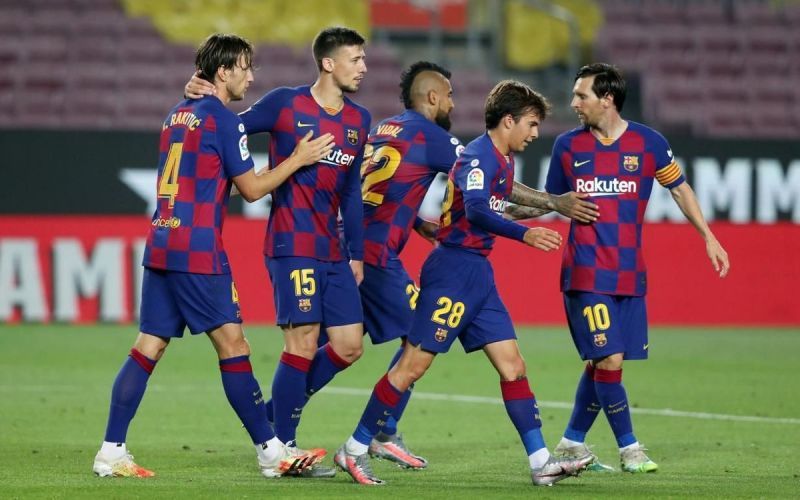
Bartomeu’s first three seasons, or at least until the 2017 appointment of Ernesto Valverde, had enough red flags. We should have anticipated an impending catastrophe, given the choices the 40th Barcelona president made during his time at the club.
The more recent financial problems the Catalan giants are undergoing is a snowball effect of the choices he made during his first few years at the club. The loss of Neymar to PSG, which also came in the third year of Bartomeu’s presidency, further hurt the club.
The new arrivals like Ousmane Dembele and Antoinne Greizmann, who have failed to impress, have only compounded the club's misery.
Barring a miracle, Barcelona are unlikely to win a third consecutive La Liga title in 2019-20 as they have dropped too many points in key games this season; this includes their El Clasico defeat to Real Madrid.
In a nutshell, Barcelona’s problems are here to stay until 2021, when hopefully, a new president comes in to steer their ship to safer shores.